HYDROEUROPE 2022-2025 | EUROPEAN PROJECT
HHYDROEUROPE 2022-2025 | ACCESS
Access to project participants: teachers and students from the consortiumAccess to public: teachers and students from other institutions and companies

HYDROEUROPE 2022-2025 | FUNDAMENTTAL TOPICS
The HydroEurope project will develop innovative training material and modules in a pan European approach for MSc students in international course programs who are future water engineers and who will be especially strongly engaged within the mitigation of extreme water related hazards (such as flash floods and related water pollution accidents) and resilience strategy development that is a priority identified within Horizon Europe strategy. All recent studies (IPPCC report of 2022) underline that climate change will exacerbate severe and extreme flash floods events. In combination with such extreme hydrological events, water quality issues due to accidental pollutions remain a constant threat for local European communities that are not currently properly equipped with professionals who have competences and skills within the numerical and data driven simulation field including estimation of data, models, and result uncertainties for extreme and accidental events. This is an important contribution to the “Environment and fight against climate change” priority.
The HydroEurope project innovative dimension is concentrated on the production and validation of teaching units
(6*3 = 18 units, each equivalent to 2 ECTS, to be combined in a flexible mode to 6 ECTS courses) that are presenting major case studies in 6 European countries and on which the most advanced modeling approach will be tested and implemented by the participants in a modern pedagogic approach. The teaching approach is based on the Problem Oriented Project Based Learning (POPBL) concept that combines real case data with advanced digital technologies in the field of extreme and accidental modelling. Using a modern joint Learning and Teaching Platform and Web-based Collaborative Engineering and Teaching methods, the project is addressing digital transformation through development of digital readiness, resilience and capacity for future professionals and university staff.
The experience already gathered by the partners in a previous strategic partnership has demonstrated the relevance of the POPBL through a selected, single case study located in France. The need for addressing the diversity of flash floods and associated accidental pollution events has been identified and highlighted by the recent events recorded in Germany, UK and Poland over the last 3 years. The introduction of the case studies in the 6 participating countries will offer the possibility to address properly the diversity of situations observed in Europe. This pan-European approach promoted by the partners contributes to harmonize and develop synergistic effects among the 6 national education systems and represents a good practice at the European scale. This will stimulating innovative learning and teaching practices in several European.
HIGH LEVEL EUROPEAN CONSORTIUM
The HydroEurope partnership is formed by 6 Higher Education Institution (HEI) HEI from 6 different European countries, all running water engineering master programs. 5 out of the 6 partners constitute a unique consortium with complementary experience and knowledge running the EuroAquae Joint master’s degree since 2004 and various research projects. Each partner has a pivotal role in the project as each contributes with its specific experience and competence to develop the joint teaching units by synergy effects:
- UniCA | Université Côte d'Azur on extreme flooding processes simulation and resilience assessment
- BTU | Brandenburg University of Technology Cottbus Senftenberg on the numerical and data driven flood modelling methods and tools
- UPC | Technical University of Catalonia on urban flood management and damage assessment methodology
- WUT | Warsaw University of Technology on complex water crisis management involving surface and groundwater resources
- VUB | Vrije Universiteit Brussel on hydrological extreme modeling (rainfall and discharges) for surface waters
- UNEW | Newcastle University on nature-based solutions for flooding events
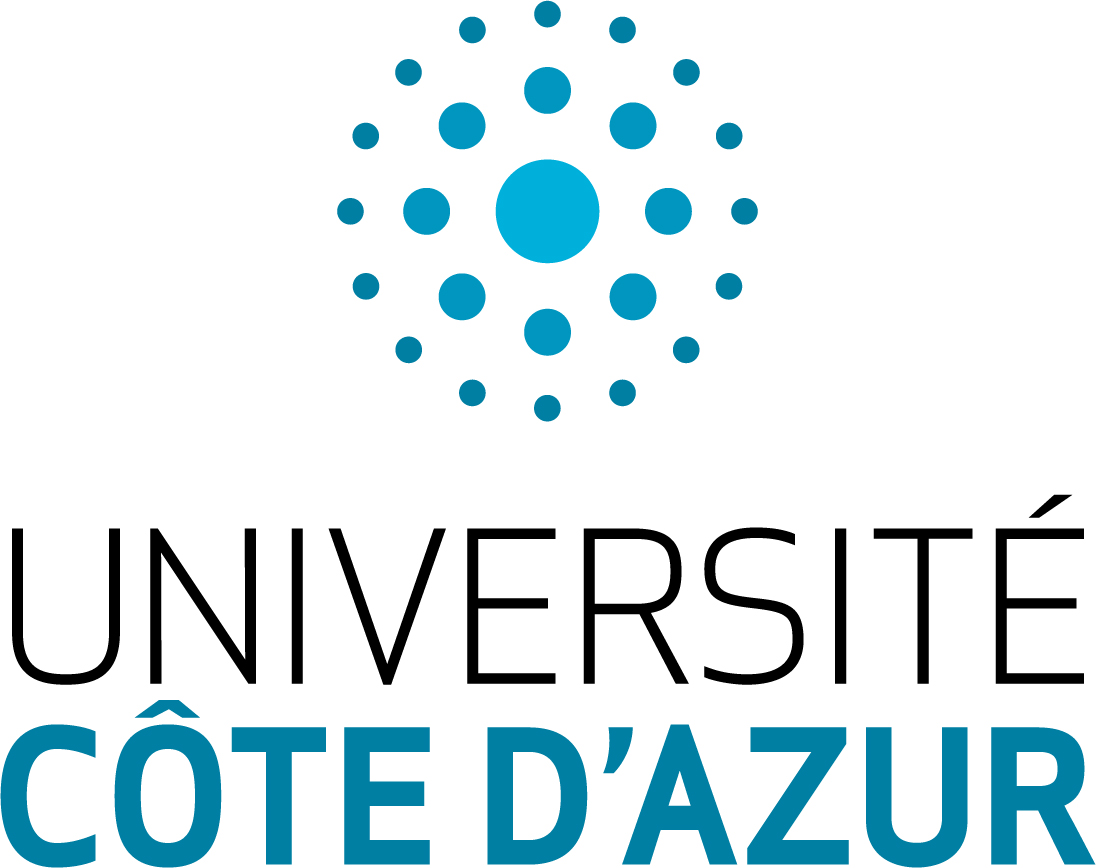 |
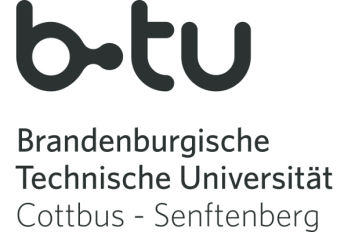 |
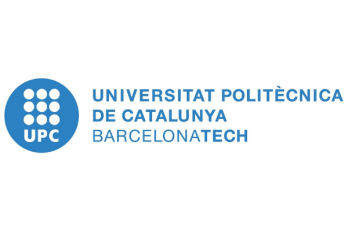 |
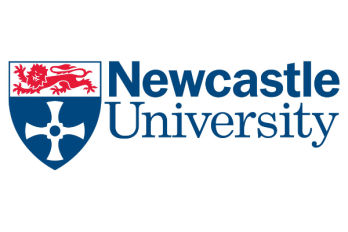 |
 |
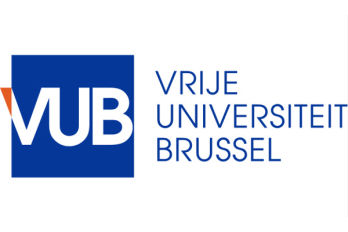 |
| France | Germany | Spain | United Kingdom | Poland | Belgium |
The consortium will be supported by associated partners: industrial partners and additional HEI. The industrial partners provide technical support and expertise by staff joining the pilot training activities (return of experience ROE). The additional HEI and Young Professional Networks will support the consortium by sending students to the pilot training activities in WP2-4 helping to validate the teaching units and to disseminate the final products within their own programs and to other HEI in Europe.
They are:
- EDF (France) is an electricity producer with activities deliciated to hydraulic and hydrology modelling related to hydropower
- DHI (Denmark) is a company for hydro informatic tools and solutions
- Jacobs (UK) is an engineering consulting company with significant expertise in hydro informatics
- Eau d'Azur is a public body managing water resource in Nice Côte d'Azur Metropole
- University of Natural Resources and Life Sciences BOKU, Vienna (Austria), has several transnational projects dealing with the Danube River catchments in South-East Europe.
- TU Berlin (Germany), Water Resources Management and Modeling of hydro systems specialized in Urban Water Interfaces
- IAHR-CEPD (International Association for Hydro-Environment Engineering and Research – Com. on Education and Professional Development) with 11 Young Professional Networks in Europe
- Warsaw University of Life Sciences (Poland) & Institute of Geophysics Polish Academy of Sciences specialized in Hydrology, Meteorology and Water Management
PROJECT FRAMEWORK
The HydroEurope project gathers 6 multidisciplinary teams that will create teaching units focused on flash floods (WP3), accidental pollution (WP4), and associated uncertainties (WP2) through 6 case studies located in 6 European countries. The project will integrate the produced teaching units in a common framework (WP5) allowing the future students of the 6 local MSc course programs to gained key competences for their profession life in the modelling field. This collaborative work among the 6 pedagogic teams will generate a unique synergy among the involved groups. This effect was already observed with the implementation of the Erasmus Mundus Joint Degree MSc Program EuroAquae.
The teaching units will address the full dimension of the 6 European cases studies and provide a holistic view of the situations and operational approaches for analyzing and mitigating impacts. The synergy will be extended to various experts involved within the resources productions – from numerical modelling to chemistry and law experts – and with the water sector professionals who are in charge of such issues in their daily duties. The production of the teaching units will be done in close collaboration with the various professionals from the water sectors (private & public entitles). This will contribute to answer the requests from the professional sector and will automatically gain high visibility by its availability.
Concrete results will be 18 (6x3) new produced and validated teaching units (each with a workload / dimension of 2 ECTS) for 6 different European case studies (to reflect the diversity of catchment characteristics and flash flood management methods in Europe) and for each case study 3 teaching units on Uncertainties in in Advanced Hydrological and Hydraulic Modelling, Climate Change Impacts on Flash Floods and related Accidental Water Pollution. These teaching units will be used to combine in a flexible mode them to new modules implemented in the master programs of the partner universities depending on the local regulations (e.g., the modules Flash Flood Modelling in Europe and Water Pollution in Flood Disaster Situations at BTU).


